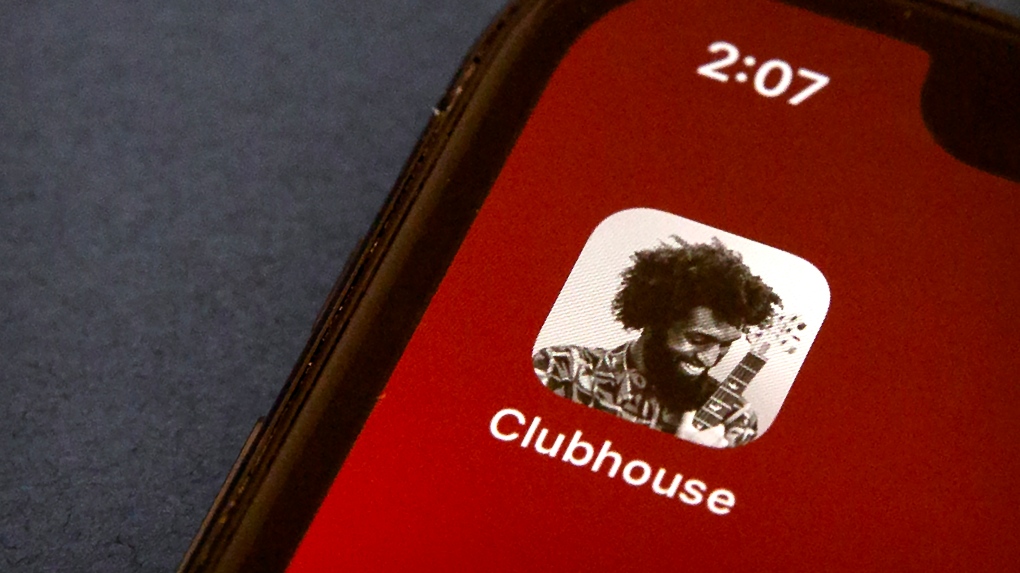Bill Gates, Elon Musk, Mark Zuckerberg and Kevin Hart. These are just some of the prominent figures who have made an appearance on the increasingly popular social networking app, Clubhouse. Elon Musk even went on to invite Vladimir Putin, President of Russia, to jump on the platform for a light hearted conversation presumably about setting up the next gigafactory in Russia. The Kremlin described the offer as ‘very interesting’ and asked to gather a bit more information on how the app works before agreeing to anything, though I wouldn’t hold my breath. Clubhouse was launched last year in April, initially limited to around 1500 people in beta mode. Back then, it was frequented mostly by Silicon Valley elites and ‘tech bros’. Since then, the app has been downloaded over 8 million times on the Apple store globally. The app is backed by Andreessen Horowitz, the venture capital popular for investments in leading companies such as Facebook and Slack. As its popularity rises so does its valuation, with the most recent being a $1bn valuation after a fundraising round led by Andreessen Horowitz.
So far the app has been invite-only, with a user requiring an invitation from someone who already has a Clubhouse account to be able to sign up. Once a user has signed up, they get 1 free invite which they can in turn use to invite new members. Clubhouse has purposefully made the app invite only and exclusively available on iOS for now to not only manage their growth but potentially maintain its “elite exclusivity”. So how does it work? A user signs on to the app and they are prompted to select their interests from media, to business, to sports. Once this is done, rooms are suggested for you according to your interests. The app has a calendar function which shows the user upcoming sessions from the rooms they have selected so they can stay up to date.
Conversations on ClubHouse cannot be recorded, with the conversation disappearing once the room closes or the session ends. However, this doesn’t bar users from recording the conversation themselves, plenty of conversations have ended up on Youtube, the most famous being Elon Musk’s interview. It remains to be seen whether prominent figures such as Elon Musk will continue to using the app knowing that whatever they say in an informal setting will somehow end up online. This is particularly concerning for users who have the ability to move markets with what they say (with a nod to GameStop/Bitcoin). The app has since put up a disclaimer warning users not to record and share conversations which take place on the app. Likened to real-life conventions such as CES, which is organised by the Consumer Technology Association in Las Vegas, the app works to connect some of the technological elite to everyday people. Users have unfiltered access to speakers they normally would not interact with on any other social media platform, and here they can instead take part in intimate conversations with their ‘faves’.
The growing popularity of Clubhouse has attracted the attention of social media giants such as Facebook and Twitter. The latter has launched a new feature called ‘Twitter Spaces’ where users can join rooms according to their interests just like on the Clubhouse app. Twitter Spaces are currently on beta mode with a large scale roll-out to follow soon. The move has been likened to to Facebook’s audacious move to copy Snapchat’s story function on Instagram and WhatsApp. Facebook is reportedly working on something similar, although not a lot of details have been made public. It remains to be seen whether Clubhouse will continue to enjoy their first mover advantage once other companies create similar features on their platforms.
Clubhouse is seen as the future of social audio as it encompasses all the features we have come to love from niche forms of media such as podcasts and radio. With Zoom fatigue taking its toll, Clubhouse is a release for users who miss going out and meeting new people whilst engaging in enriching conversations. However, there have been concerns about various issues from moderation of content to privacy. Clubhouse cannot as of now moderate what people say, which opens it up to be used for harmful content and user abuse. Although the app still has a lot of issues to iron out, the future may be bright for the app. That said, one consideration Clubhouse and its users must both consider, is the willingness of speakers and listeners alike to spend their time on the app after the pandemic.








